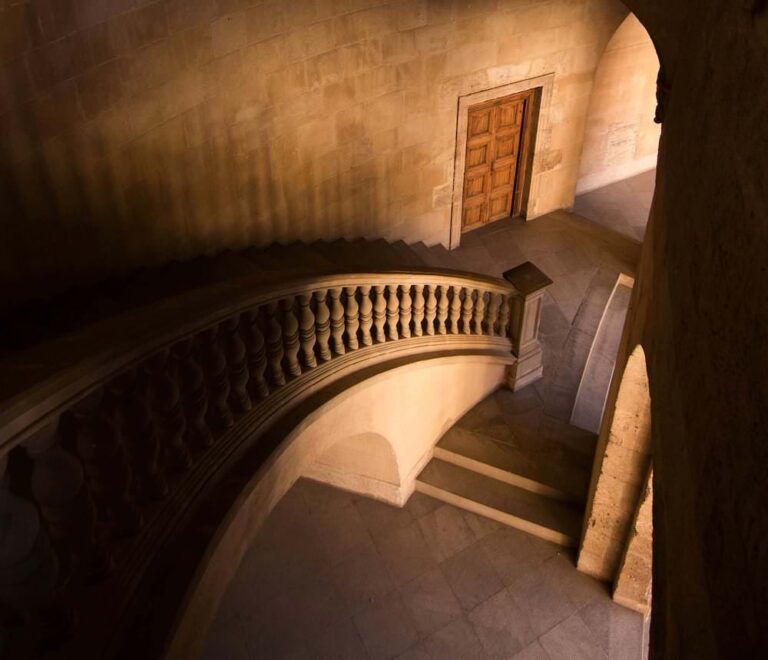depuis vs pendant
Understanding when to use “depuis” with the present tense versus “pendant” with the past tense is crucial for expressing time accurately in French. While both expressions deal with duration, they serve distinct purposes and convey different temporal relationships.
“Depuis” with Present Tense
When using “depuis” with the present tense, we describe an action or state that began in the past and continues into the present moment. This construction emphasizes the ongoing nature of the situation. For example:
- “J’habite à Paris depuis trois ans” (I have been living in Paris for three years)
- Here, the speaker is still living in Paris; the action began three years ago and continues now.
- “Il travaille dans cette entreprise depuis 2020” (He has been working at this company since 2020)
- The person is still employed at the company; the employment started in 2020 and continues today.
“Pendant” with Past Tense
In contrast, “pendant” with the past tense describes a completed action or state that occurred over a specific duration in the past. The action is finished and no longer continues. For example:
- “J’ai habité à Londres pendant deux ans” (I lived in London for two years)
- The speaker no longer lives in London; the period of residence is complete.
- “Elle a étudié le piano pendant cinq ans” (She studied piano for five years)
- The period of piano study is over; it’s a finished action in the past.
Key Distinctions
1. Temporal Continuity:
- “Depuis” + present: The action bridges past and present
- “Pendant” + past: The action is contained entirely in the past
2. Current Relevance:
- “Depuis” emphasizes the current continuation of the action
- “Pendant” focuses on the duration of a completed action
3. Time Reference:
- “Depuis” can be used with a specific starting point (“depuis 2020”)
- “Pendant” typically focuses on duration rather than starting points
Common Mistakes to Avoid
The most frequent error French learners make is using “depuis” with the past tense when describing ongoing situations. For instance, “J’ai habité ici depuis trois ans” is incorrect if you still live there. The correct form would be “J’habite ici depuis trois ans.”






